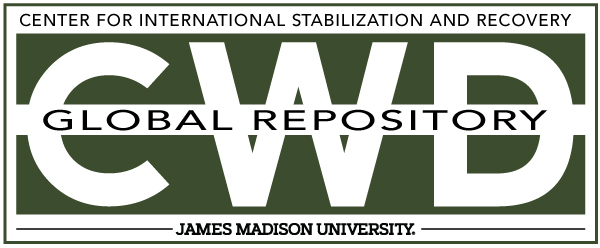Document Type
Other
Creative Commons License

This work is licensed under a Creative Commons Attribution-Noncommercial-No Derivative Works 4.0 License.
Publication Date
3-2006
Keywords
ERW Clearance, Survey, GICHD, Legislation
Abstract
"In many ways, mine action management is as much about information as it is about landmines.” This statement was one of the central conclusions of the GICHD Study of Socio-Economic Approaches to Mine Action. In seeking to obtain the necessary information to plan and manage programmes effectively, mine action has seen a considerable number of surveys carried out. In particular, a number of surveys have sought to record the location and scale of hazardous areas, and, increasingly, an assessment of their social and economic impact as well as the success of mine clearance projects.
However, it is a daunting task to accurately record national unexploded ordnance (UXO) and mine contamination and the outputs of many surveys have seemingly failed to satisfy stakeholders despite the expenditure of millions of dollars during the last 15 years. Thus, concerns have been voiced that surveys are unnecessarily time-consuming and expensive, that their purpose is not always clear, that data is not integrated effectively with end users and that survey approaches do not yield the results to which they lay claim.
In response to these concerns, and at the request of the United Nations Mine Action Service (UNMAS), the GICHD has aimed to define and clarify the role of survey in mine action. Starting with a plan to examine impact surveys and general assessments, the Study's scope consequently widened to include aspects of technical survey, area reduction and post-clearance assessment.
In order to not further delay presentation of the research, the GICHD has decided to put the results of this initial phase on our website for comment and review. As the project continues, it will focus more heavily on the issues of technical survey, area reduction and post-clearance assessment. As results in these areas begin to be uncovered, new and more comprehensive publications will follow.
Included in
Defense and Security Studies Commons, Peace and Conflict Studies Commons, Public Policy Commons, Social Policy Commons



